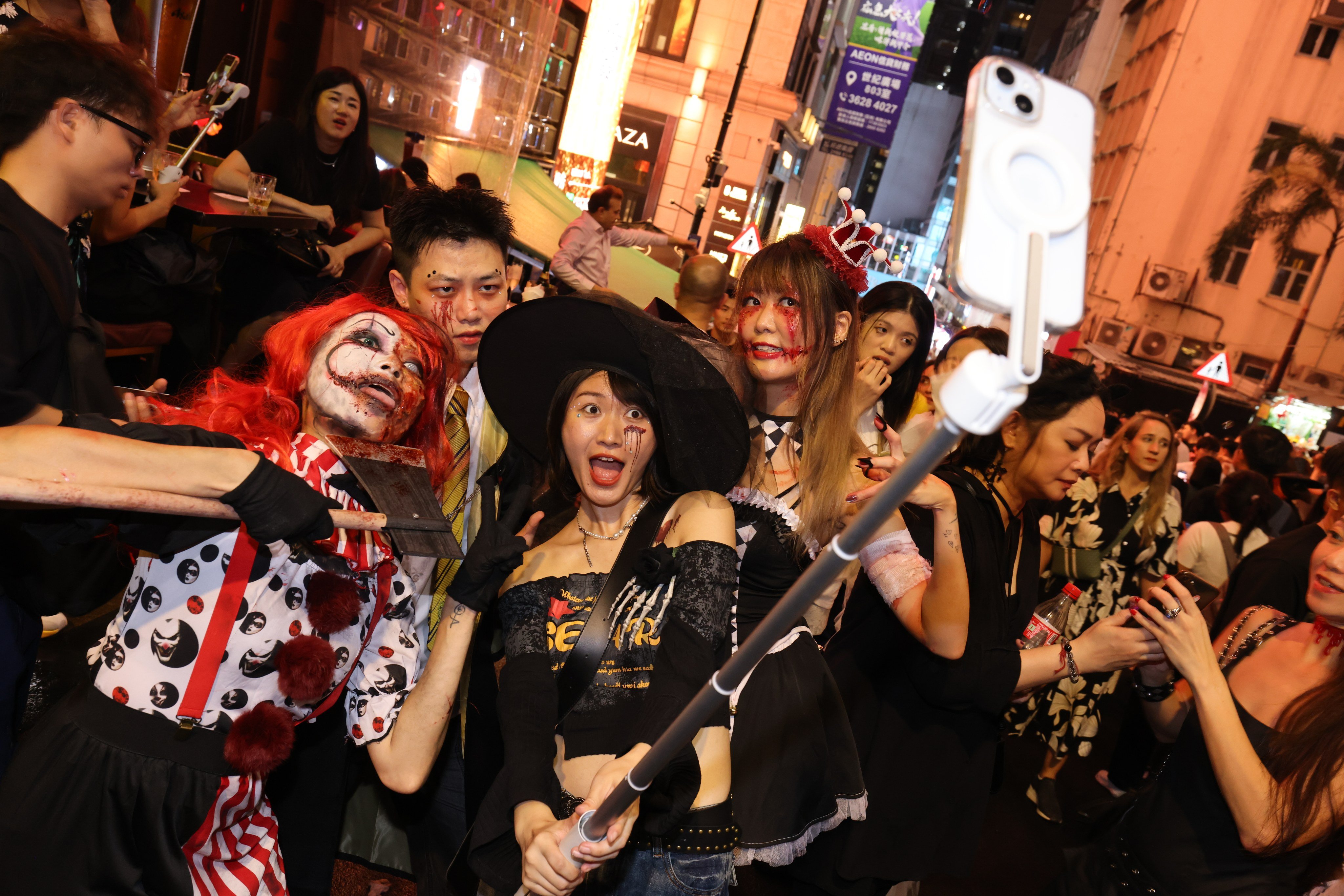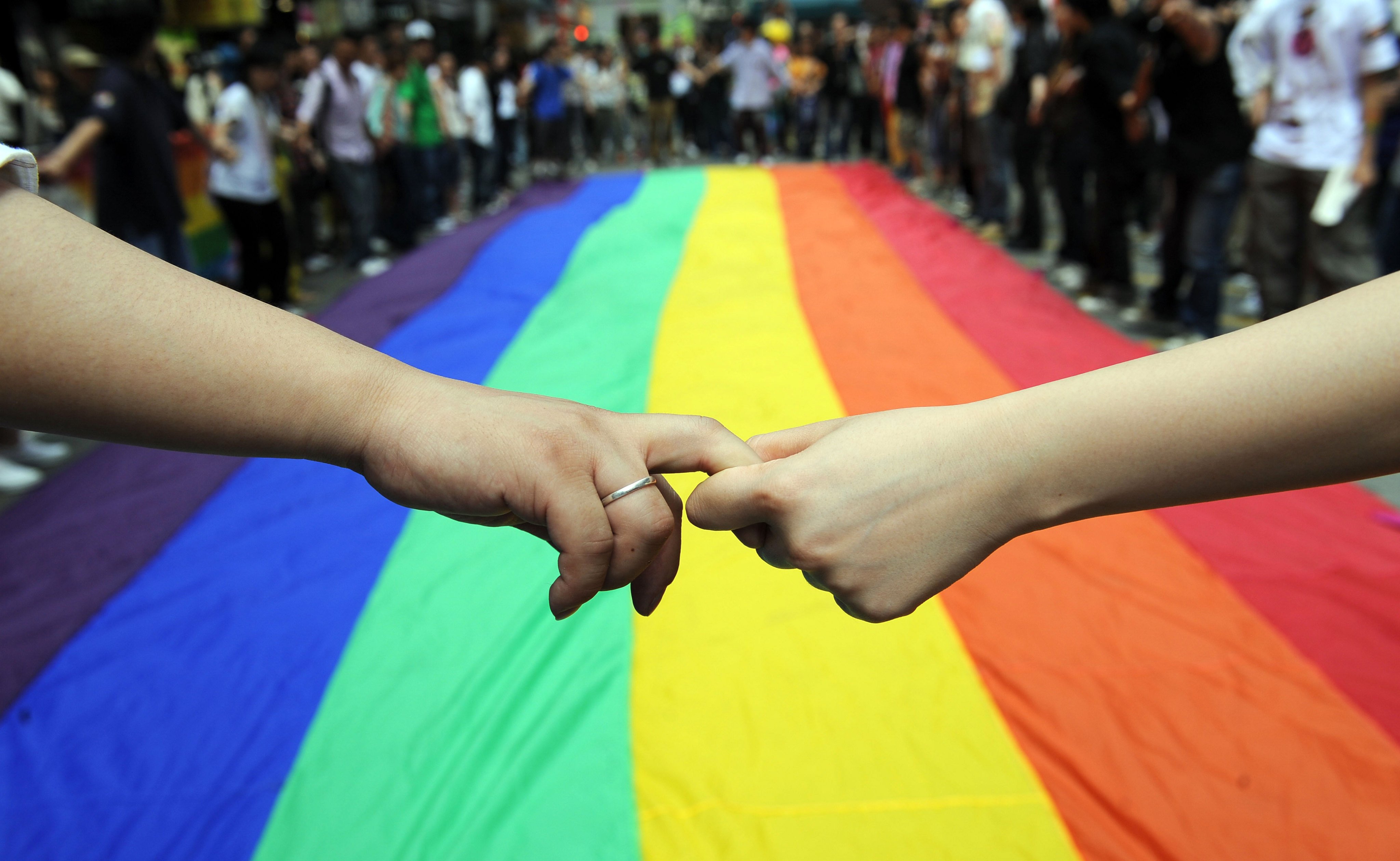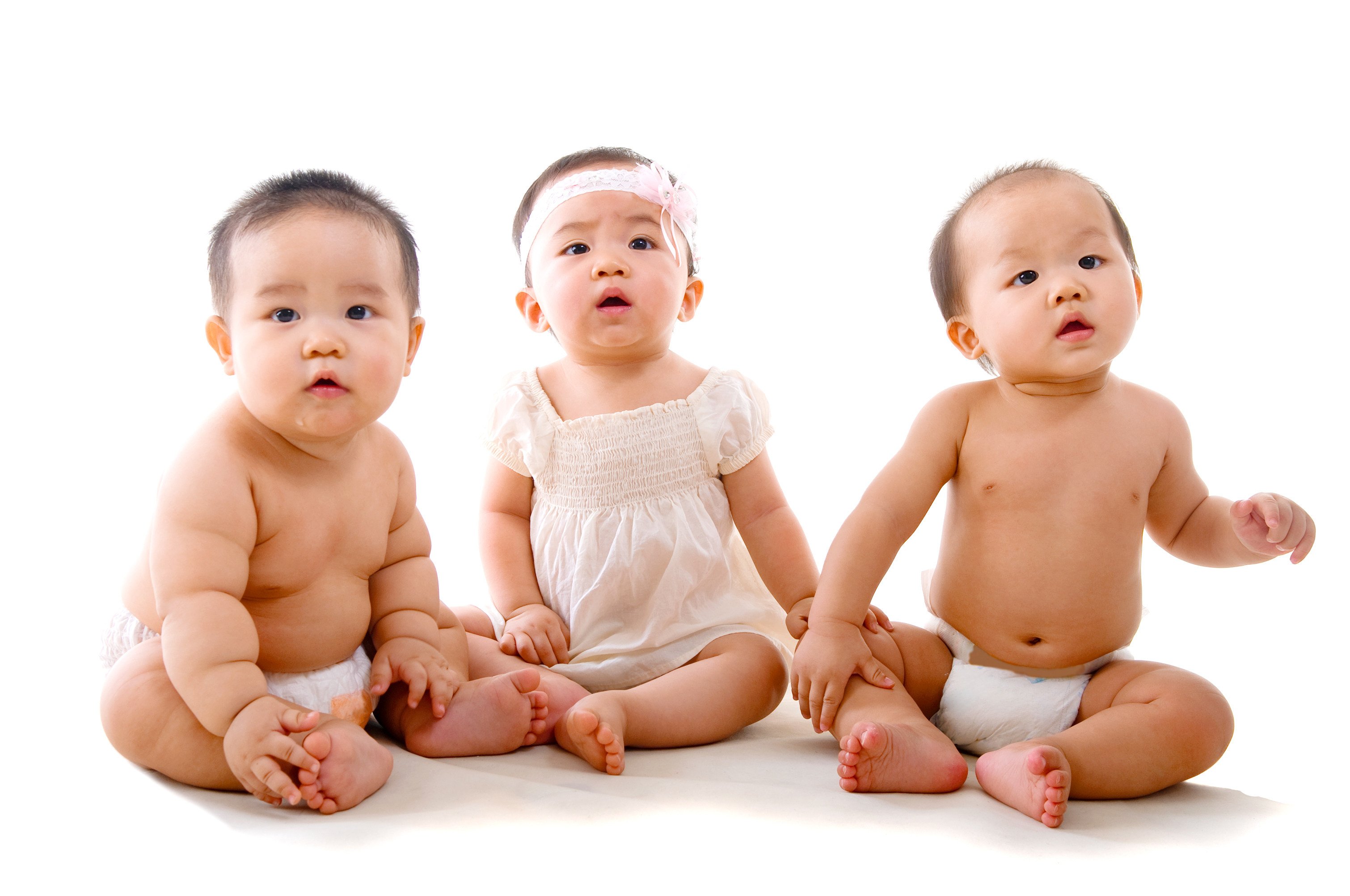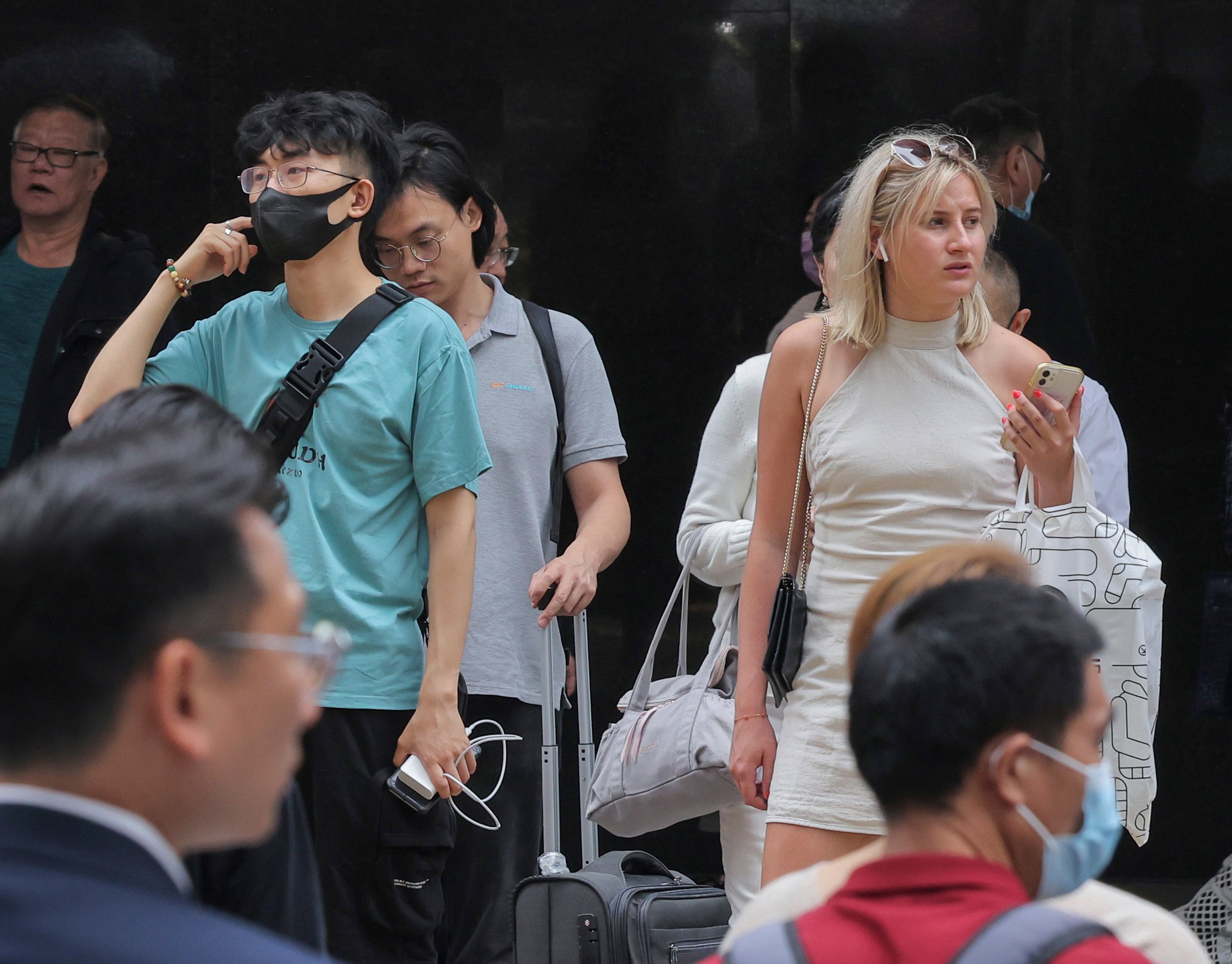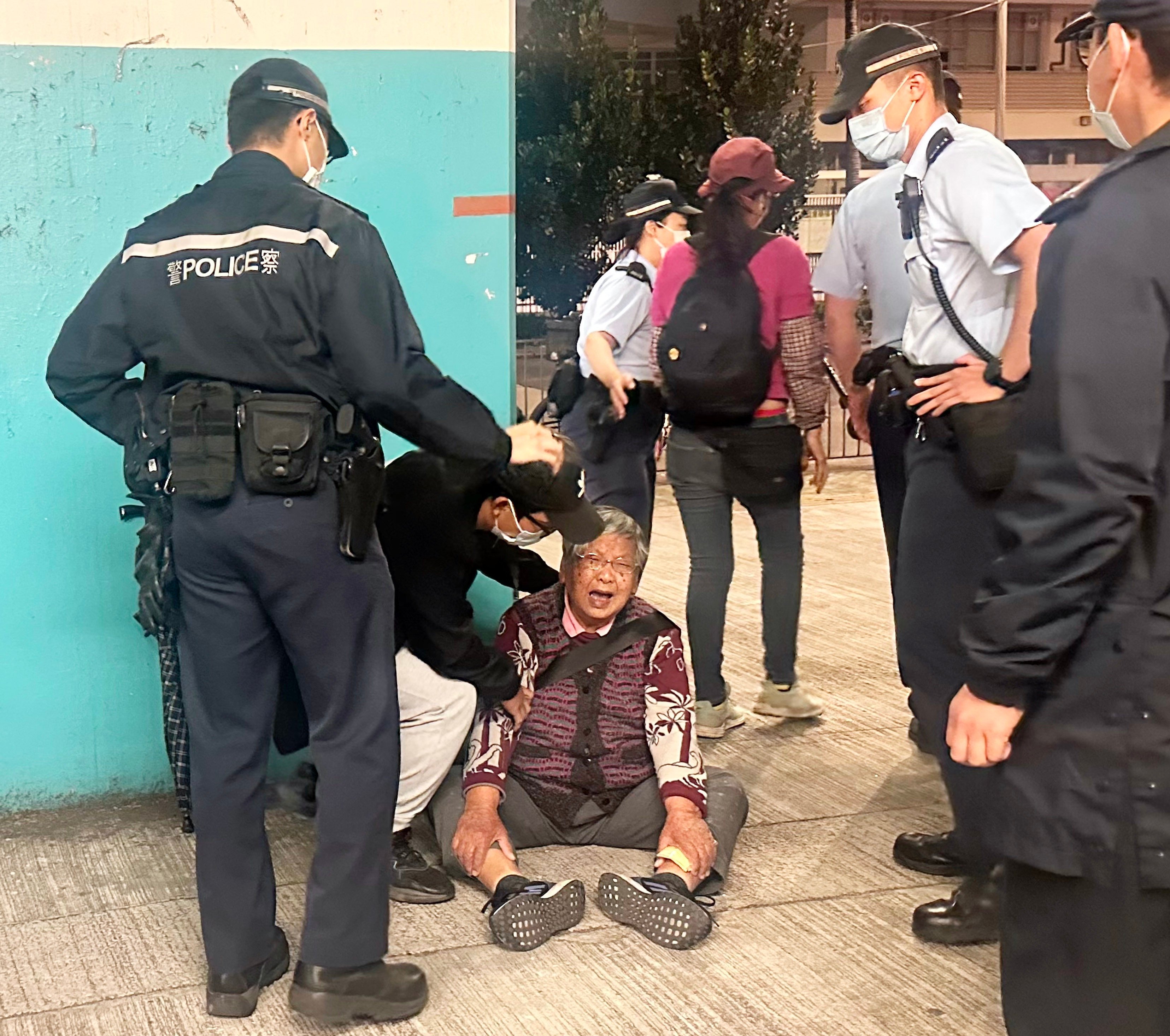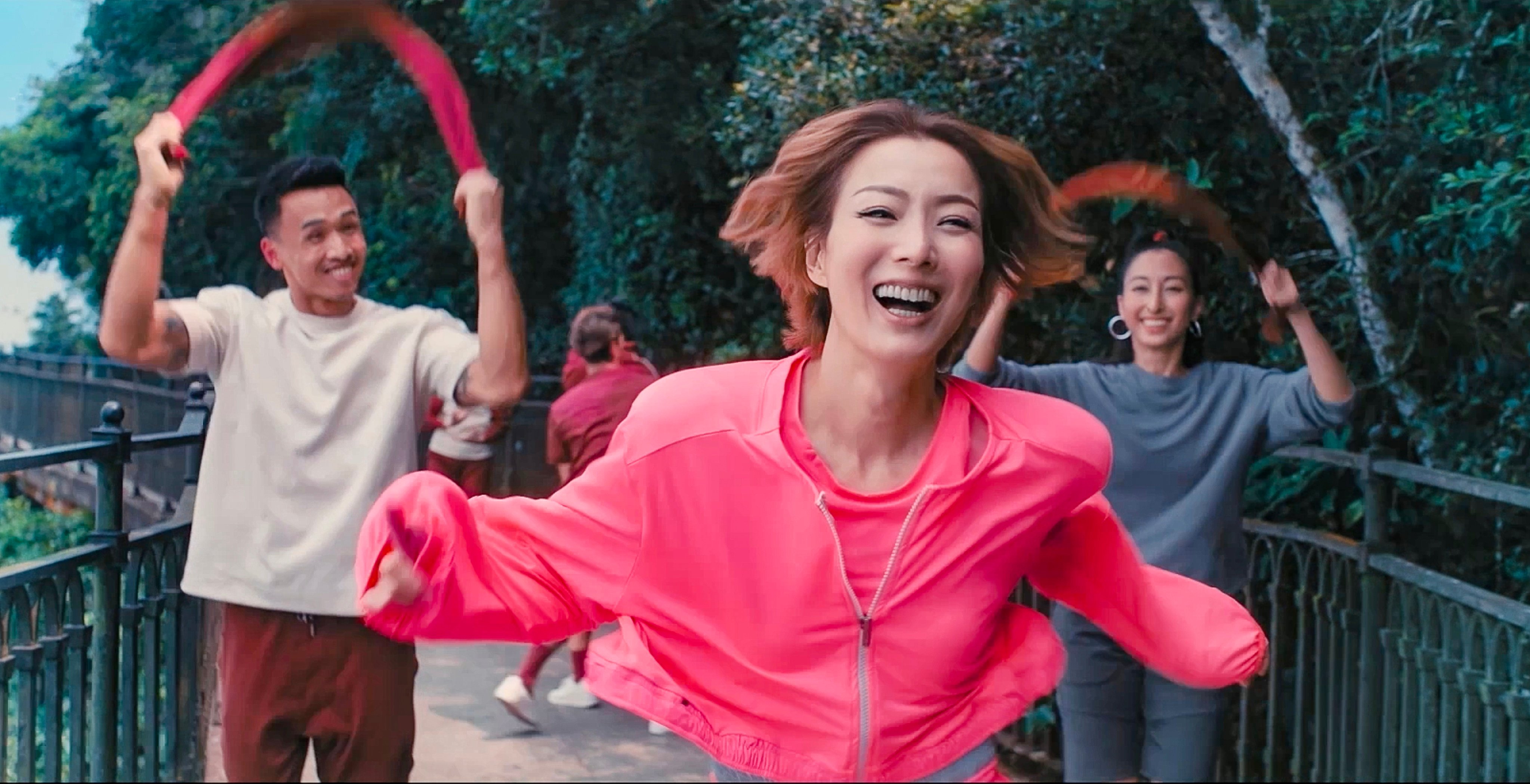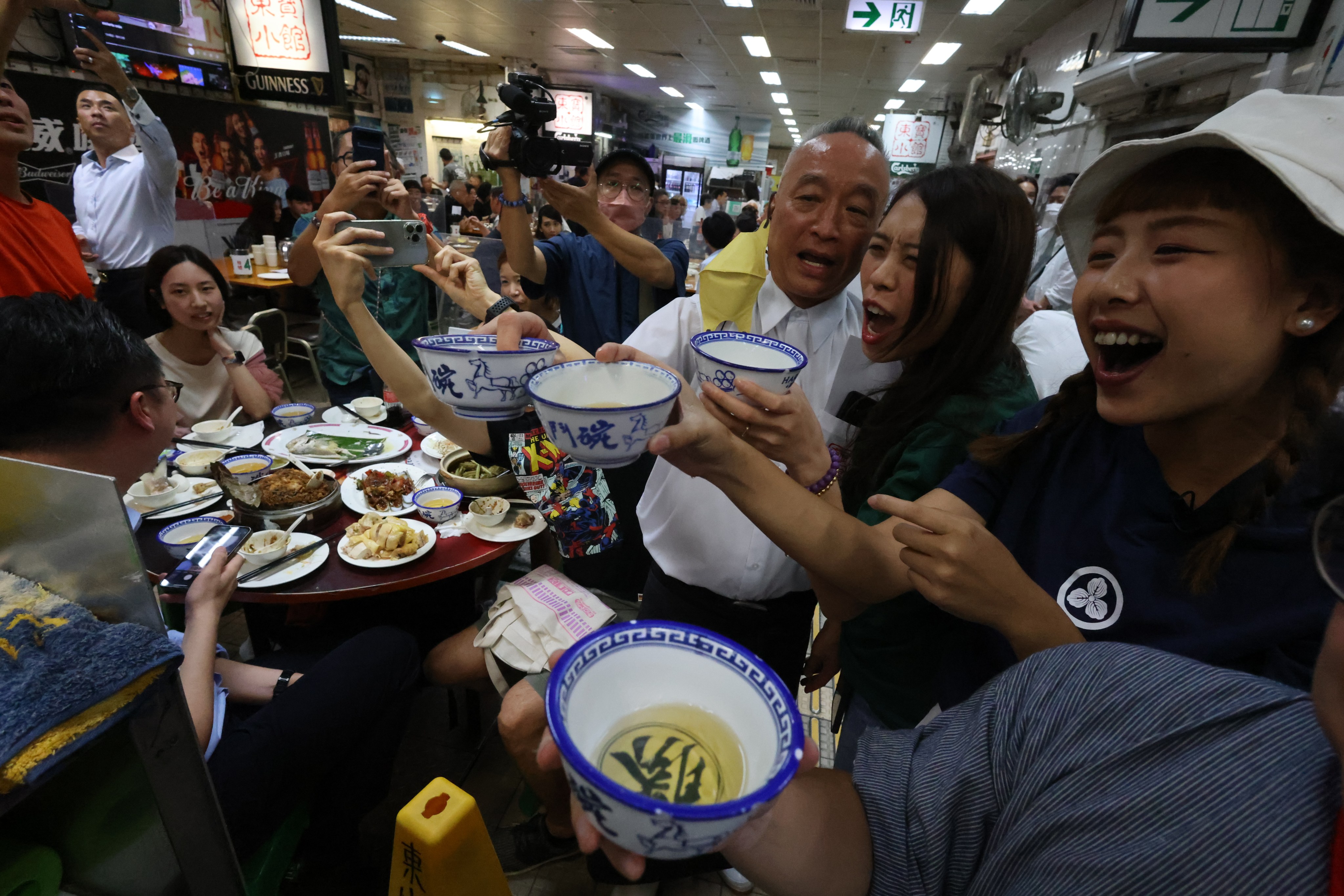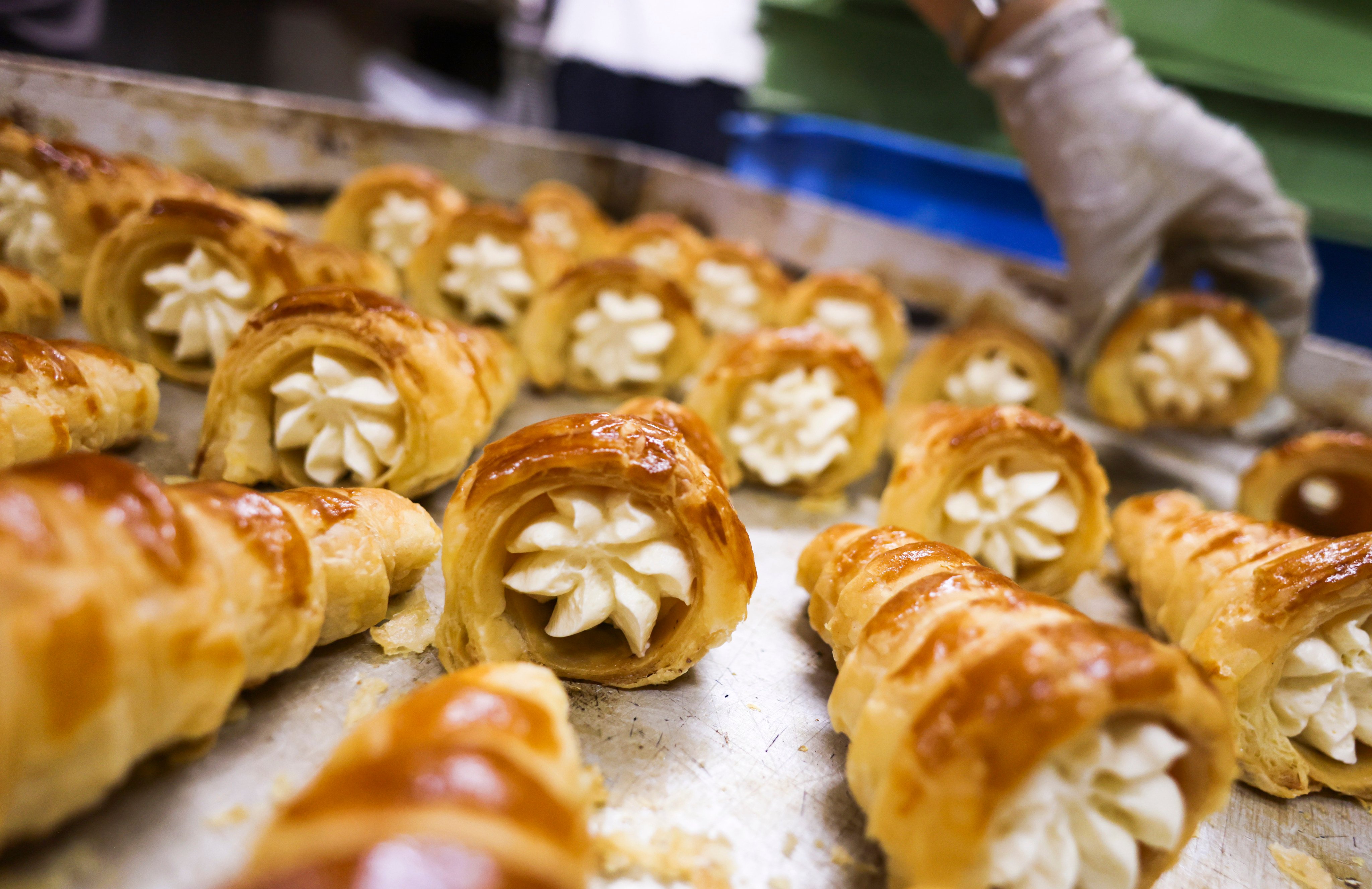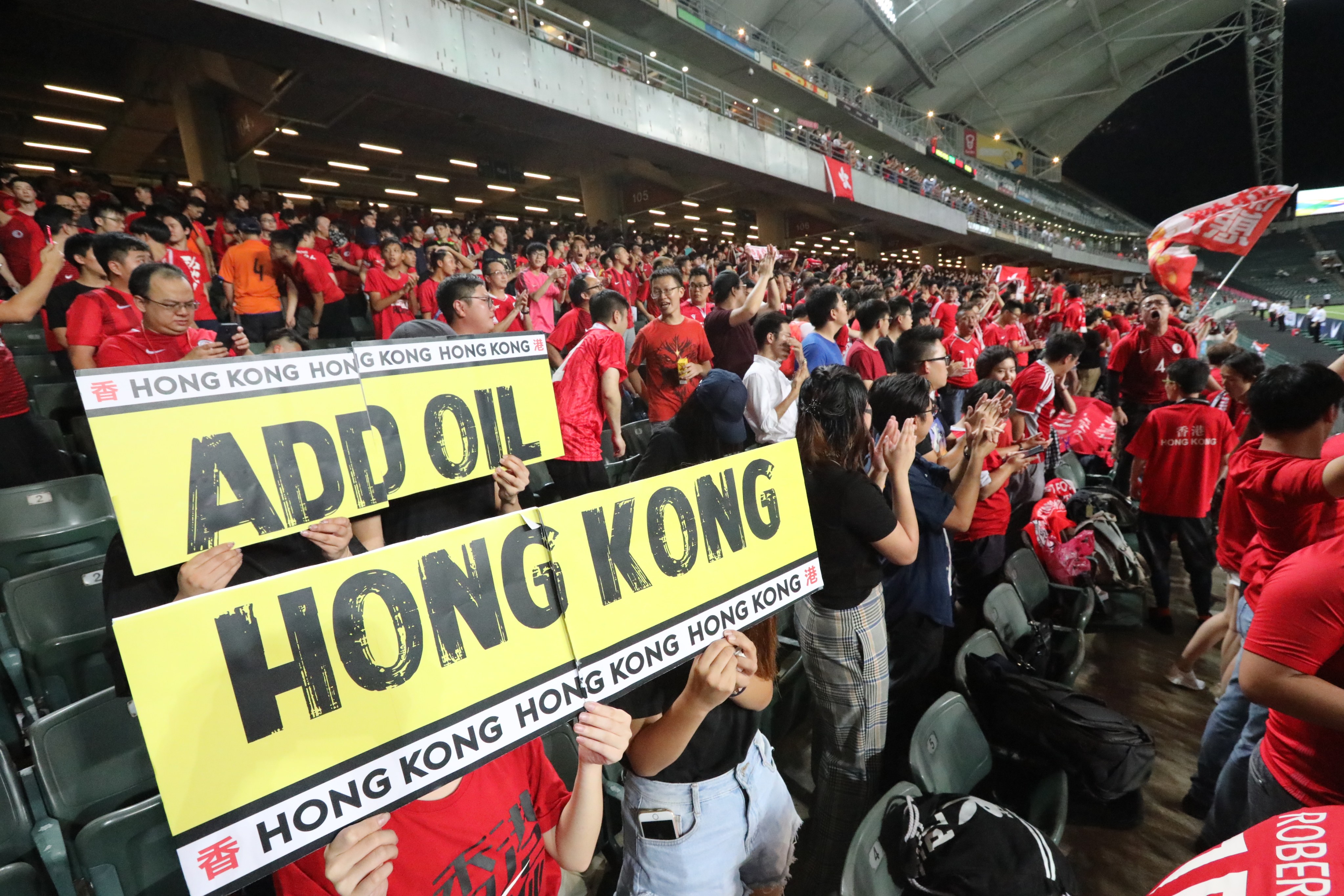TOPIC
My Hong Kong
My Hong Kong
My Hong Kong is a bi-weekly column by Luisa Tam that looks at the quaint and quirky traditions of Hong Kong from an unusual perspective and provides a unique insight to help readers expand their understanding of the local culture. It also explores how this global city deals with challenges in order to reinvent itself and stay relevant.
Advertisement
Advertisement
Advertisement
Advertisement
Advertisement
Advertisement
My Hong Kong | Hong Kong people, do your job! Be kinder or risk losing the tourism battle
The fight for tourist dollars is heating up as people embark on post-Covid travel, and while Hong Kong is a more exciting destination than Singapore, it isn’t as welcoming. It’s time for residents to make a change.
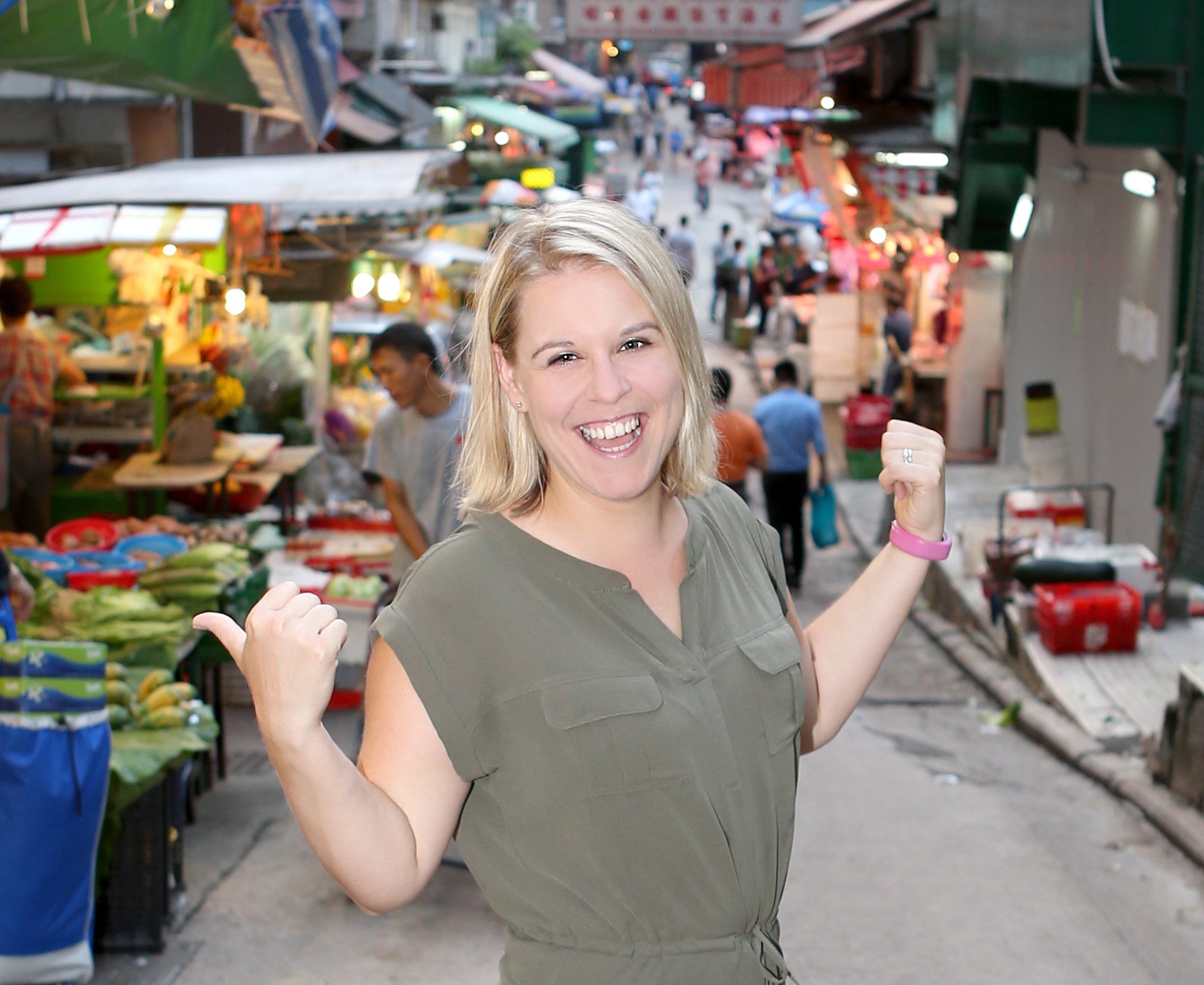
Advertisement
Advertisement
Advertisement
Help preserve 120 years of quality journalism.
SUPPORT NOWAdvertisement
Advertisement
Advertisement
Advertisement
Advertisement
Advertisement
Advertisement
Advertisement
Advertisement
Advertisement
Advertisement
Advertisement
